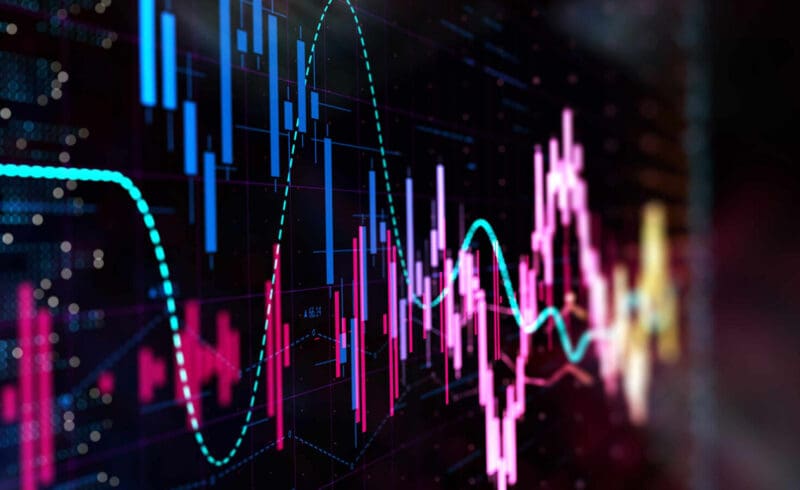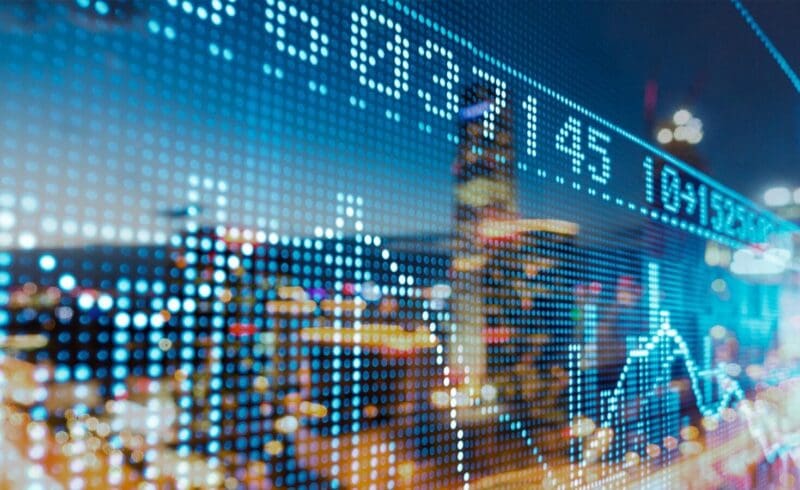Metals & mining with the commodity trading industry are experiencing significant changes, driven by an evolving market and strategic moves by major players.
In this article we highlight 4 of the key trends that are impacting metals & mining within the commodity trading industry, and what they mean for the industry and its players.
1. Energy traders are diversifying into the metals & mining markets
Energy trading has been at the forefront of the commodities industry in recent years. However, the industry is going through a new period of transition, with many energy traders diversifying into the metals markets. This includes energy trading firms like Vitol, Gunvor, and Mercuria, who are all making a strong investment into metals.
So, what’s prompting this shift in focus? In part, this move is being fuelled by their recent record profits. Also, and equally as importantly, the growing importance of metals in the energy transition is a key driver behind the change in commodity trading.
In a recent Bloomberg article Ivan Petev, Global Head of Base Metals at Gunvor, said: “As a company, what we’re really doing is continuing our deep involvement in energy markets. The energy transition goes through metals — you cannot do it without metals.”
The move to metals & mining is also driving a focus on hiring, with the major firms looking to bring in commodity powerhouses to deliver success in the markets. Mercuria has been in discussions with Kostas Bintas, Trafigura’s former Co-Head of Metals and a notorious copper bull, to carve out their large-scale metals trading business.
With a bullish outlook on metals like copper and aluminium, these companies are expanding their teams and leveraging their extensive capital to gain a foothold in this sector. What’s clear is that this dynamic shift in the market will drive competition for both business and talent over the next 6-12 months.
2. The impact of geopolitical and economic factors on metals & mining within commodity trading
As ever, geopolitical tensions and economic policies are significantly influencing commodity prices.
One significant factor is the sanctions on Russian metals, which have introduced volatility into the market. This presents both challenges and opportunities for traders.
Additionally, the regional premiums for aluminium in Europe are on the rise, reflecting shifting supply-demand dynamics. This is reflected in the hiring patterns of several major players in the industry. Towards the end of 2023, Gunvor hired a group of traders to focus predominately on aluminium.
3. Corporate developments and strategic moves within metals & mining
A potential bidding way for 107-year-old mining company, Anglo American has been diverted after the company decided to exit diamond, platinum and coal mining as part of a massive restructuring.
This news comes after Anglo American rejected three unsolicited bids from rival company, BHP Group – the latest bid was for £34 billion ($43 billion). Another competitor, Glencore has also been studying an approach for Anglo American, but is yet to go them with a rival bid.
However, in a move to fend off BHP Group and to position itself as a copper giant, Anglo American has decided to sell or demerge the iconic De Beers diamond business. The move may have been forced in some way by BHP’s approach, however, it’s also a reflection of the pressure Anglo American has experienced from shareholders to shed their less profitable businesses.
The war for top talent is also rife at the moment. As previously mentioned, Mercuria has been in discussions to recruit a former Co-Head of Metals and a notorious copper bull. This isn’t the only hire they’re hoping to make from rival companies , and they’re not alone in doing so. Vitol are also actively recruiting top talent to bolster their metals trading capabilities, signalling aggressive expansion strategies across the board.
Technological Advancements and Market Adaptations
Big data, technological advancements and artificial intelligence (AI) have been explored as avenues for automation and improving in trading over the past few years, and the integration of advanced technologies in trading practices continues to evolve.
Recently, traders are increasingly relying on data analytics and AI to forecast market trends and optimize trading strategies.
This technological shift is crucial for staying competitive in a rapidly changing market environment.
The pressure to adopt AI in trading has been described as an “arm’s race” by Russell Hardy, CEO of Vitol. He identified two ways trading houses were seeking to use AI:
- To improve business efficiency
- To develop a trading “edge” by having more analytical power than competitors
So, how far have the trading houses gone with AI? According to Richard Holtum, Head of Gas, Power and Renewables at Trafigura, they’re “are at the very tip of the iceberg on what AI can do.” Holtum’s team upload “several billion discrete bits of data into the cloud” every day.
Speaking of the opportunities and challenges created by implementing AI, he said: “The challenge there is using AI to interrogate that data in a better, more efficient way to improve the trading decisions that we are then making.”
The introduction of AI, as well as other newer technologies, brings with it the requirement for new skills within trading houses. Whilst AI can be used to automate processes and streamline activity, it still needs to be managed and developed, and new skills are needed to do this successfully.
As the year progresses and trading houses invest in AI and other new technologies, we anticipate that these will impact hiring patterns, job descriptions, and core qualifications and responsibilities.
Conclusion on key trends in metals & mining with commodity trading
Metals & mining, and the wider commodity trading industry, are at a pivotal juncture, with energy traders diversifying into metals, corporate strategies evolving amidst economic pressures, and a strong push towards sustainability.
For a conversation about the topics covered today, please get in touch with our dedicated, global Commodities team.




